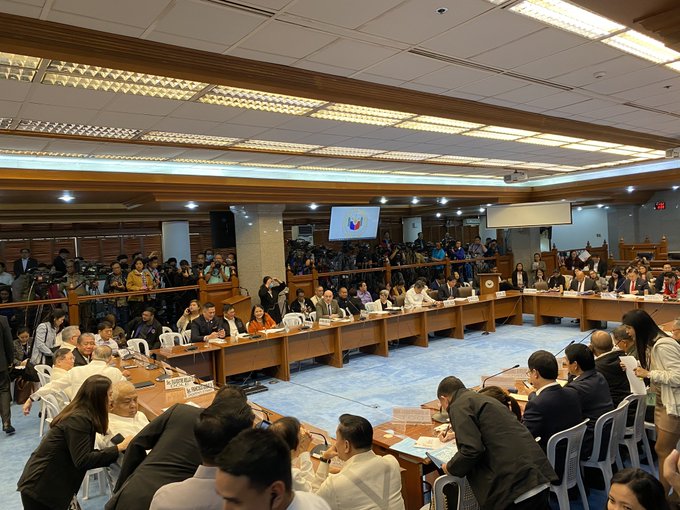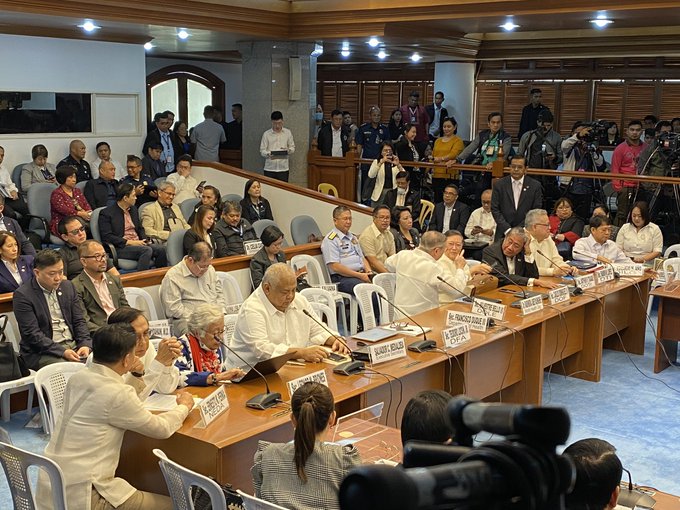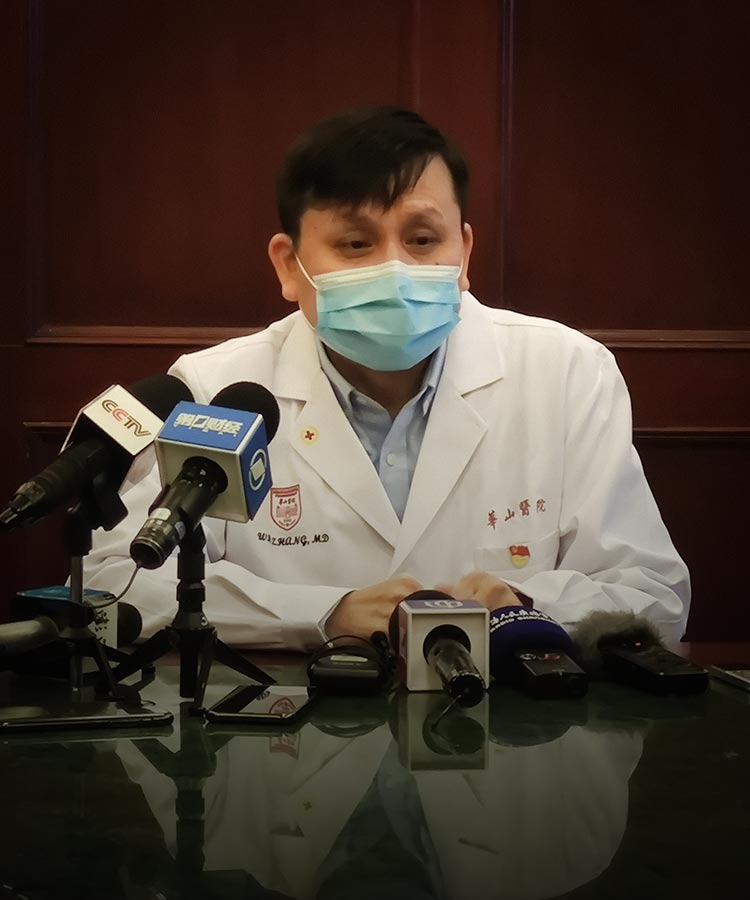let's talk about some of the 'positives' of this virus-- things that make it 'less bad':
We *KNOW* almost nothing about the characteristics of this virus.
What we do know will be determined from primary source data, using established scientific methods, by researchers and scientists.
Not by Twitter warriors like me.
Virii tend to be indescriminant. Thr weakest bear the brunt of the tragedy- the young and the old. Some virus- such as Spanish Flu appeared to attack the strongest.
Early data hints that, if anything, children are actually abnormally resilient to #COVID19
Be careful echoing anything about mortality rates. It will be another week or three before a field of data exists to be able to accurately predict whether its 2% or 6% mortality.
But we can say with a good deal of certainty that it is NOT 10 or 20%.
Even if/when we do start getting the full numbers from Wuhan, it is not necessarily indicative of how it will play out anywhere else.
It looks like things got out of hand in Wuhan. They were slow to react, and by the time they did, they were already swamped.
This is an important, but mostly overlooked factor.
It looks like this virus has an unusually low 'illness' rate. That is, people get sick but most (70-80%?) dont get ill (need hospital). For most people, the virus appears quite benign.
Virus do not like heat. That's why we get a fever.
Every strain of virus is different. We dont yet know how well this one reacts to external temperature. It may not kill off #COVID19, but decent chance it will at least lower the R0.
Every hospital, every municipal city/state/federal government has contingency plans written out planning for exactly this. SARS was an important trial run for these procedures.
Unlike China, we have the benefit of 2 months early warning to prepare.
It's easy to take video out of context, much more so when there is a language/culture barrier involved. Dont fall victim to sensationalism.
Unless its 100% vetted, treat everything you see with rational skepticism.
(cont)













